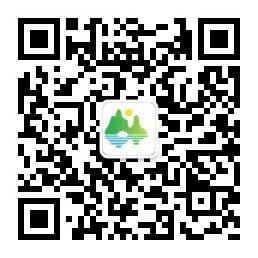被动语态的几个特殊情况
一、带有双宾语的主动句在变为被动语态时,可将其中任何一个宾语变为主语,而另一个仍跟在动词后保持不变。若把直接宾语改为被动语态的主语,间接宾语前必须用介词 to(有的用 for).
例如: Those children gave the teacher some flowers.
The teacher was given some flowers by those children.
/Some flowers were given to the teacher by those children.
二、含有复合宾语的主动句在变为被动语态时,只能将宾语改为被动语态的主语,而宾语补足语不可变为主语。
例如: My friends made me chairman.
I was made chairman by my friends.
三、含有let, make, see, hear, watch, find, feel等动词后接省去to的不定式作宾语补足语的主动句,在变为被动语态时一定要把to加上。
例如: Someone often hears your sister sing in the room.
Your sister is often heard to sing by someone in the room.
四、祈使句变为被动语态时,应把原句改为“Let+原句的宾语+be +v. – ed ”形式。
例如: Open that window.
Let that window be opened.
五、疑问词作主语的主动句变为被动语态时,应该把“by+疑问词(宾格)”放在句首。
例如: Who gave a talk last week?
By whom was a talk given last week?
六,含有否定词 none, no one, nobody, nothing等作主语的主动句在变为被动语态时,谓语动词应改为否定形式,且原句的主语也必须改用其他的词来作介词by的宾语。
例如: Nobody has seen this TV play in their class.
This TV play hasn't been seen by anybody in their class.





